All funding decisions are made by our Grants Council, which is composed of leaders and advocates who were once incarcerated and live in California. They bring their full range of life experiences and professional expertise to the task of choosing which projects to fund.
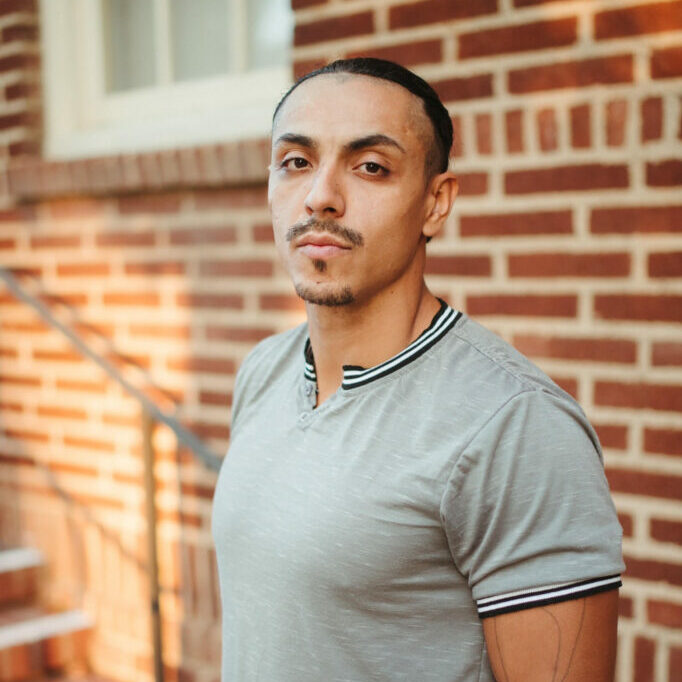
Hugo Amaya
Hugo Amaya is an engaging and experienced social service provider working with at-risk youth and returning adult citizens across the United States. Hugo’s professional experience spans the non-profit, public, and private sectors with an emphasis in criminal justice reform, public safety advocacy, and substance abuse treatment. Hugo is currently the Youth Services Supervisor for a non-profit organization in Oakland, CA where he oversees the relationship with stakeholders in the Alameda County area, and manages the youth program for clients coming out of incarceration or those at risk of it. Hugo has been a contributing member of the 3rd City Project for 2 years, where he has assisted with analyzing data associated with health inequities within penal institutions. Currently a senior at CSU Fresno, pursuing a BS in Psychology, after which he plans to pursue a graduate degree in Public Administration. He also happens to be a returning citizen who served approximately 14 years in the carceral system.
Hugo Amaya
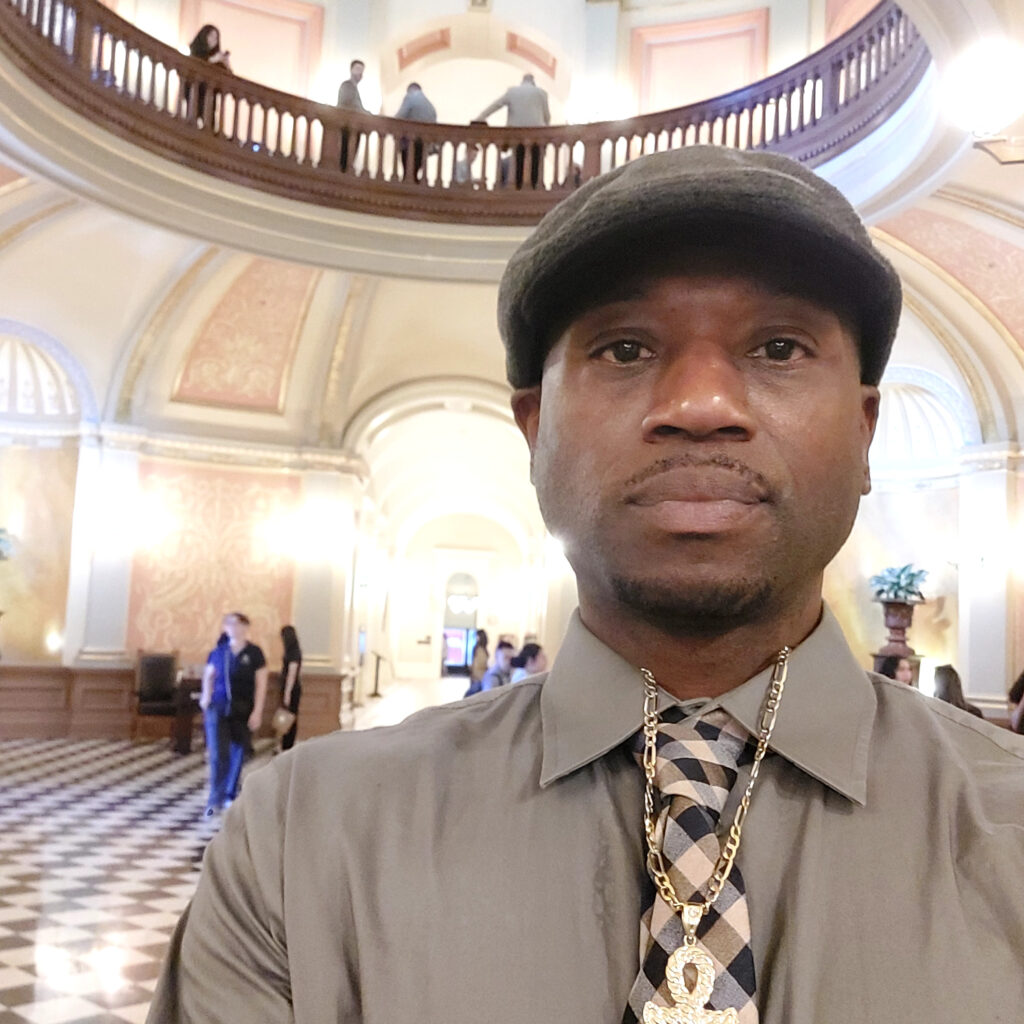
Samuel Brown
Samual Nathaniel Brown is an artist, educator, philosopher, spoken word poet, and organizer who was paroled from Lancaster in December 2021 after serving 24 years in California State Prisons. He has matured spiritually and physically, using his transformation to help others through social-emotional learning. Samual founded the 10P Program in New Folsom Prison in 2014, promoting emotional literacy and positive change, which has expanded to additional prisons and boasts a significant waitlist at Lancaster State Prison. He developed educational partnerships with California State University in Sacramento, McGeorge School of Law, and various non-profits, co-led a victim-offender mediation program, and produced a documentary on childhood trauma behind bars. A carceral scholar, he graduated with honors in Social Science, Sociology, and Communications. He has co-founded organizations, aimed at breaking cycles of harm and dismantling systemic racism. He is a two-time state champion in spoken word poetry, a children’s book co-author, and a justice award recipient. He also authored ACA8, a bill to end involuntary servitude in California prisons which passed in the senate in June 2024 and will be on the ballot in November 2024. Samual is dedicated to community work focused on breaking cycles of violence and promoting healing.
Samual Brown
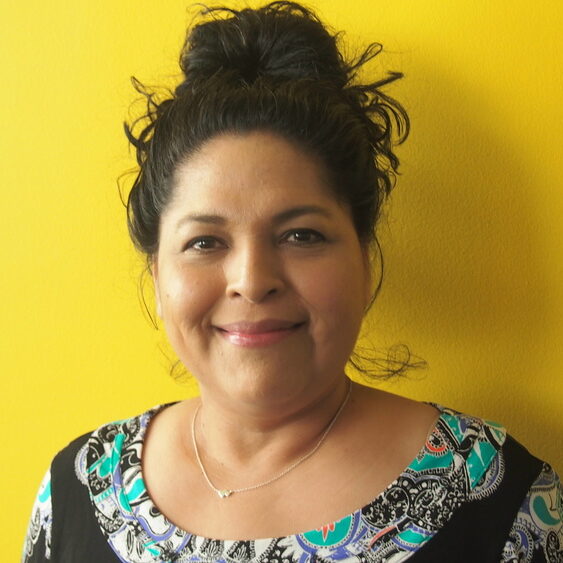
Carmen Garcia
Carmen Garcia is the Executive Director at Root & Rebound.
Carmen believes that her purpose in this world is to serve others. In the CHOICES PROGRAM, she learned that knowledge, opportunities & privilege is meaningful and rewarding when you pay it forward following the mantra that Each one, Teach one! We are responsible for each other; we don’t exist alone in this world!
While at SFSU, Carmen worked at City College of San Francisco as a Teacher’s Assistant to Dr. Terry Day in the Psychology Department.
In her spare time, Carmen enjoys writing children’s stories in Spanish and, most importantly, spending time with her family.
Carmen Garcia
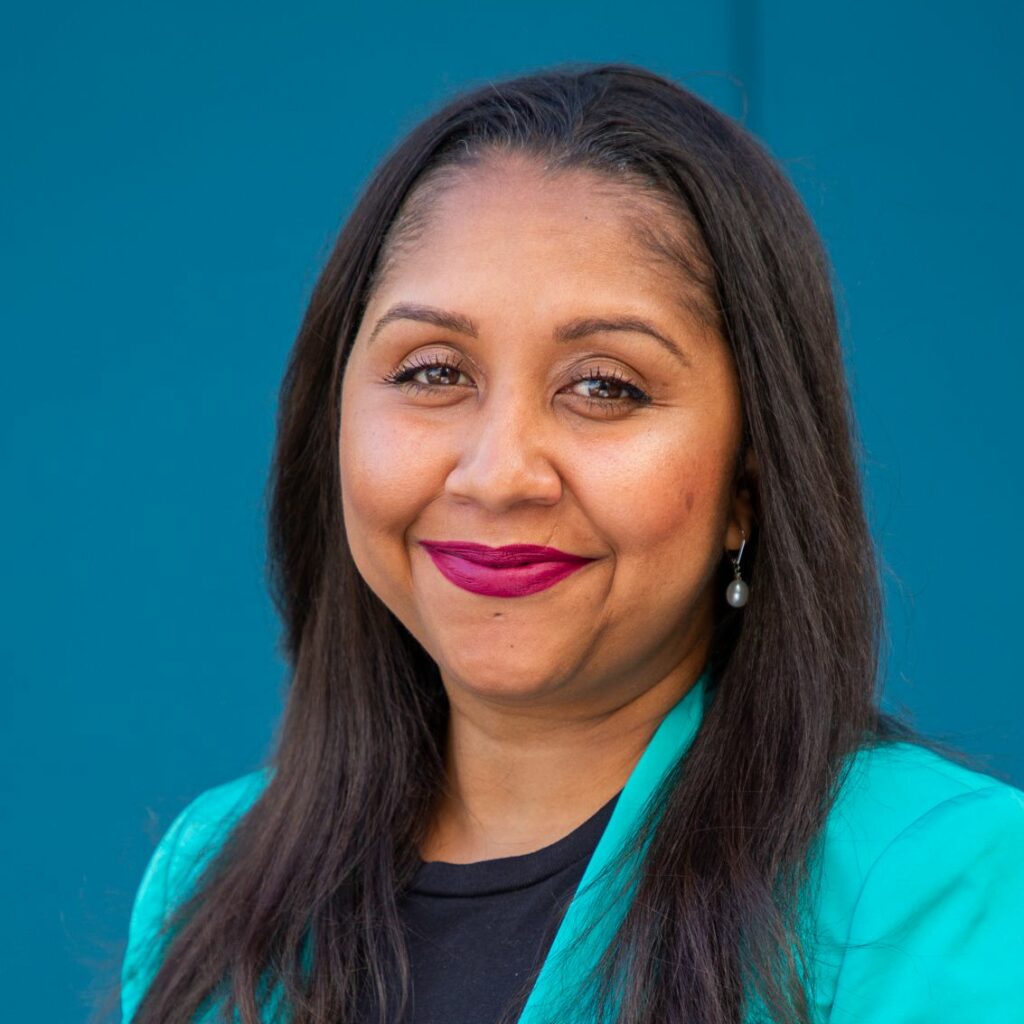
Terah Lawyer
Terah joined CROP in January 2022. She is the former Associate Director of Impact Justice’s groundbreaking reentry program – The Homecoming Project – a $3.5M housing innovation that matches eligible returning citizens with rooms for rent with compatible hosts. Over three years, she developed and led the program which has received national and state awards and provided nearly 70 formerly incarcerated individuals with sustainable housing in the Bay Area. Terah brings deep program development experience, reentry housing expertise and a passion for investing in people. Her lived experiences as a formerly incarcerated woman who spent 15 years in prison informs her work and approach to rehabilitation and reentry. She has received multiple fellowships and scholarships, and over the last ten years has launched programs and organizations that invest in the leadership development of justice-involved professionals in all trades and careers. While incarcerated, Terah became a certified peer health educator, a drug and alcohol counselor and earned two associate degrees. She developed the Offender Responsibility program, which is still offered at Central California Women’s Facility. Terah also developed the program curriculum to launch a nonprofit, CORE (Criminal Offender Reform Establishment), which provides rehabilitative correspondent courses nationwide to people incarcerated in prison. The organization has served 2500 students since 2012. From 2012-2013, she was the elected chairperson of the Beyond Incarceration Panel and led an organization of 20 members to gain certifications as Congressionally Recognized Youth Diversion Specialists. After returning home in 2017, Terah has dedicated her life to her community. She is the spokeswoman for the Drop the Life Without the Possibility of Parole campaign and has been featured in A New Way of Life testimonial series. Her work has been profiled in major media outlets such as NPR, CNN Great Big Story, The New York Times, The Atlantic and Mother Jones. Terah is a Young Professional of Color Fellow with the National Institute for Criminal Justice Reform and was a 2019 Next Generations Fellow with the Center on Juvenile and Criminal Justice. Terah is a San Francisco State University graduate and holds three undergraduate degrees in business administration, management, and social and behavioral sciences.
Terah Lawyer
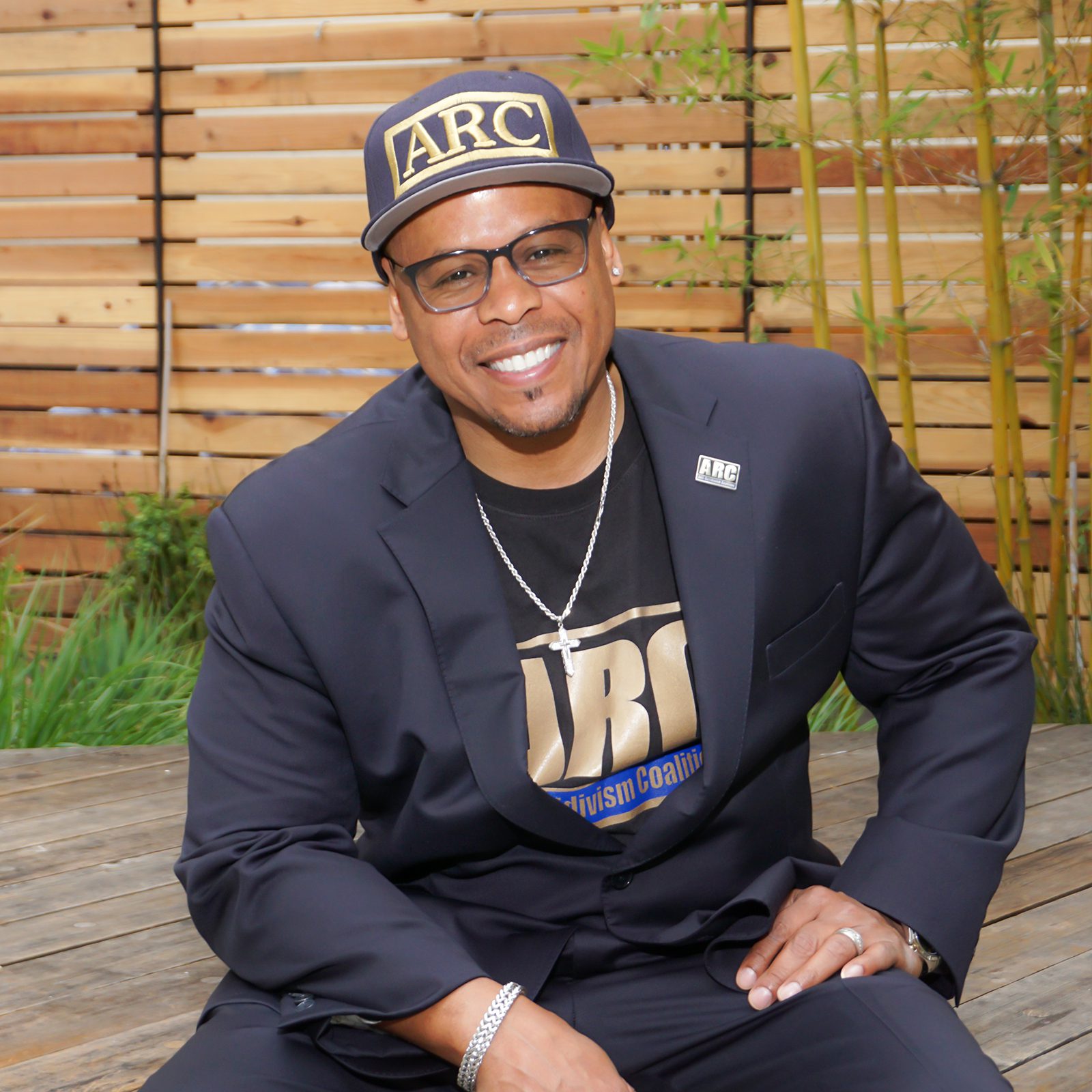
Sam Lewis
Sam Lewis is the Executive Director of the Anti Recidivism Coalition (ARC). Previously, Sam served as the Director of Inside Programs. A former life prisoner himself, Sam understands the various obstacles, challenges, and difficulties the prison and reentry populations face. In 2017, Sam created the Hope And Redemption Team (HART), a first-of-its kind initiative he built from scratch. The Hope & Redemption Team (HART) is a group of nine former California life prisoners who go back into California state prisons to provide hope, demonstrate that redemption is achievable, and to prepare participants for successful reentry into our communities. His work directing the Hope and Redemption Team exemplifies what’s best about ARC: our desire to reach and walk with those who have been most marginalized by society.
Sam Lewis
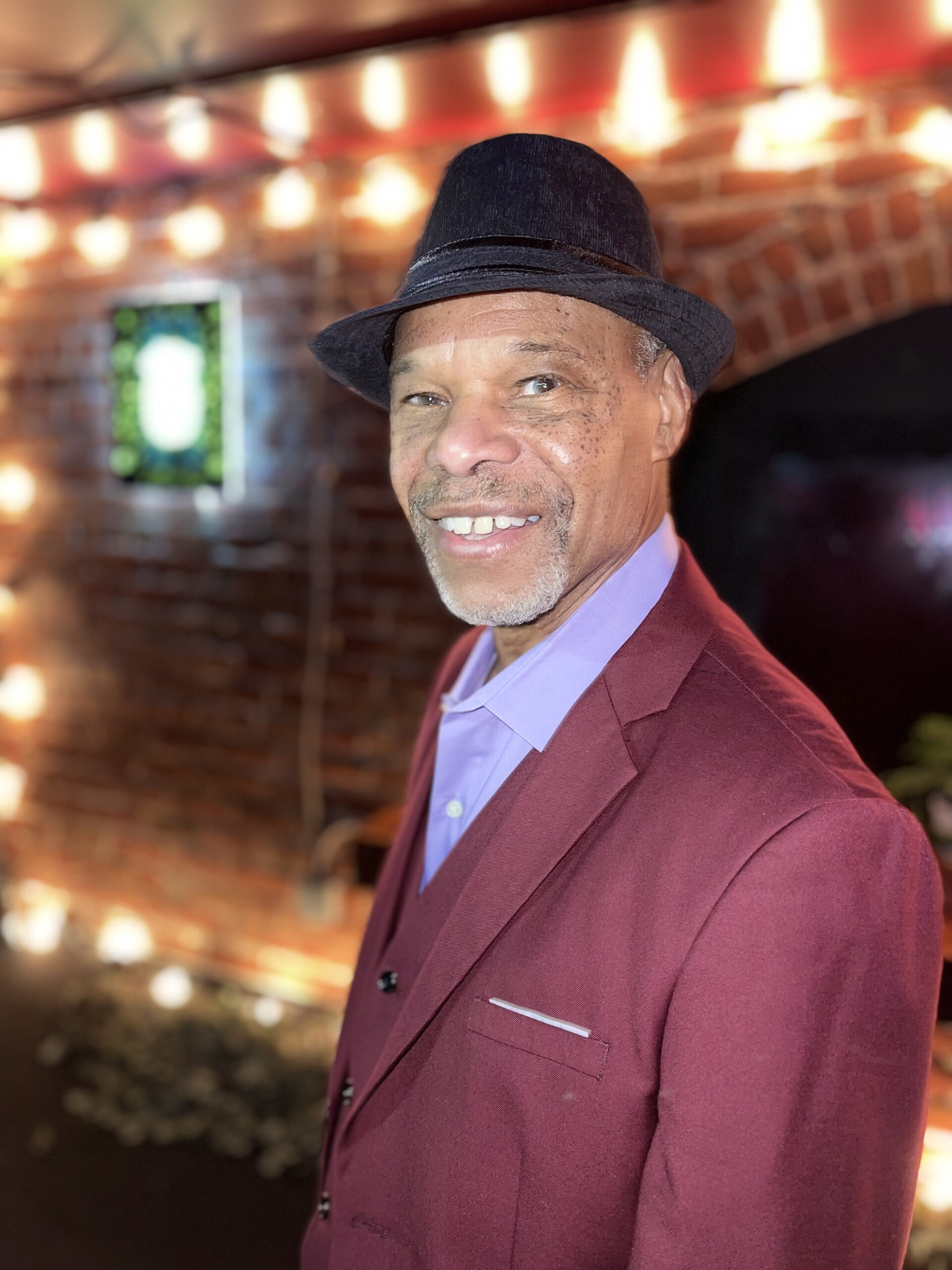
Lonnie Morris
Lonnie Morris served 44 years inside the California prison system and paroled in 2021. While incarcerated, he created and hosted several television shows and interviewed numerous celebrities, co-founded the Day of Peace, an annual event at San Quentin State Prison to promote peace and harmony among the prison population, co-founded the youth intervention program Real Choices, and was one of only three incarcerated persons to obtain a BA degree in San Quentin’s history. Lonnie considers his most significant accomplishment to be the founding of No More Tears, an organization focused on curbing violence, crime, and restorative healing. NMT began in 2002 with incarcerated and outside community members working to overcome violence, trauma and find healing. NMT has served over 11,000 people, became an established nonprofit. NMT’s numerous partners include: Alameda County Board of Supervisors, Oakland Tech, USFCA and Building Opportunities for Self Sufficiency (BOSS). Today Lonnie serves as No More Tears’ founding president.
Lonnie Morris
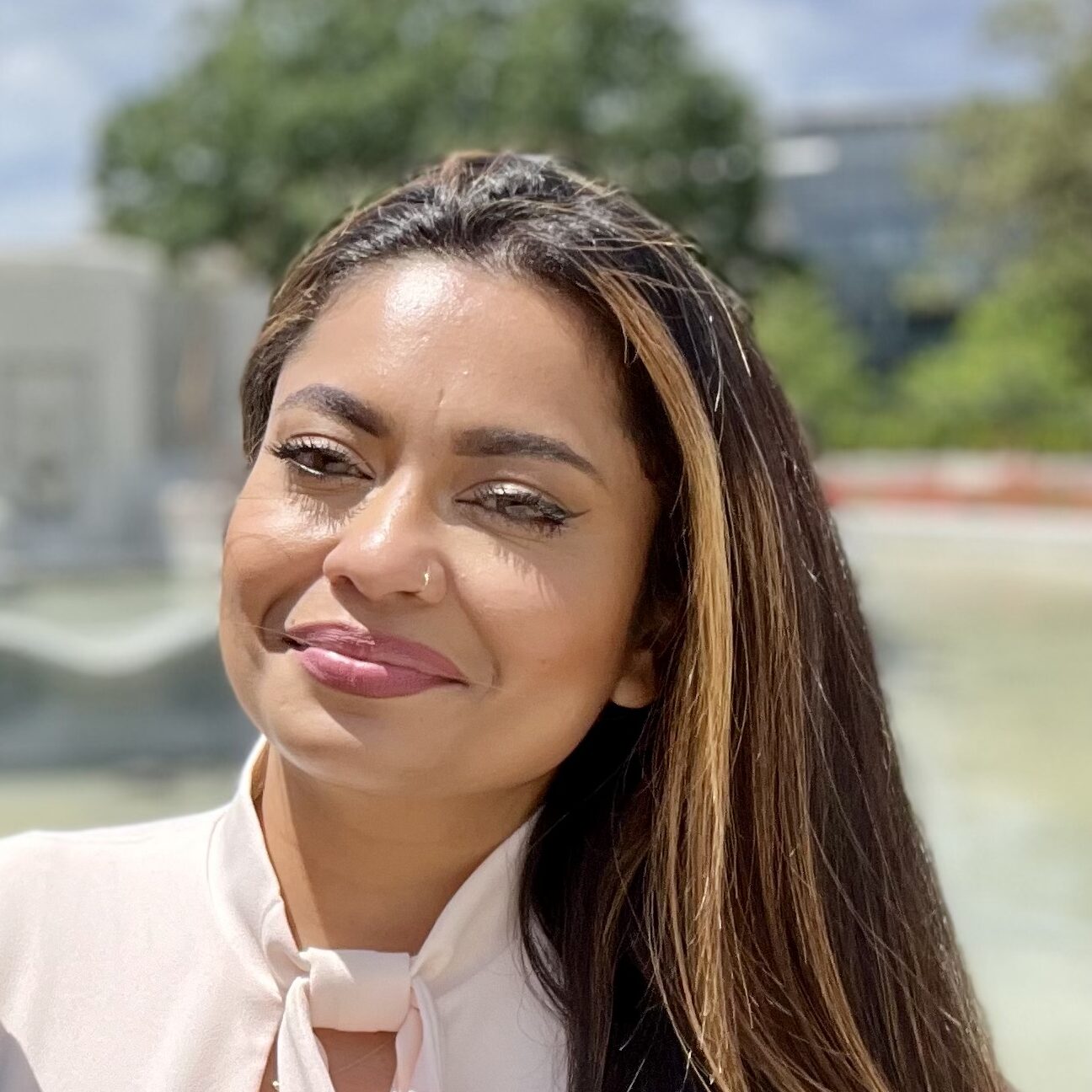
Rabia Qutab
Rabia Qutab is the Development and Partnerships Associate at Impact Justice, focusing on resource mobilization and partnership development to advance the organization’s mission. She is a resilient advocate and change-maker, leveraging her personal experience with incarceration to drive reform and champion justice for impacted communities. Rabia promotes equitable access to opportunities and empowers those affected by the criminal justice system through her work. She graduated with honors in Biology from the University of North Texas and has participated in prestigious fellowships, including The Justice Fellows Policy Program and John W. Mack Fellows Program. Rabia’s transparency, advocacy, and steadfast commitment to prison reform and civil rights drive systemic change both within Impact Justice and beyond.
Rabia Qutab
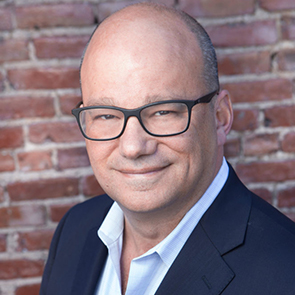
Alex Busansky
Alex Busansky is the President and founder of Impact Justice, a national innovation and research center based in Oakland, CA and Washington, DC, which works to create a more humane and restorative system of justice in the United States. The Inside Impact Fund is an Impact Justice Innovation.
Alex began his career as a prosecutor at the Manhattan District Attorney’s Office in 1987. After 12 years, Alex left New York City for D.C. to work for the US Department of Justice as a trial attorney in the Criminal Section of the Civil Rights Division. While at DOJ, he investigated and prosecuted cases across the nation involving excessive use of force by federal, state, and local law enforcement and corrections officers and racial and religious hate crimes. In 2002 he served as counsel to Senator Russ Feingold on the US Senate Judiciary Committee. Alex joined the Vera Institute of Justice as Executive Director of the Commission on Safety and Abuse for America’s Prisons and two years later was the founding director of the Vera Washington, DC office. Alex also served as an adjunct professor at American University School of Law, co-teaching the Prosecution Seminar. He joined the National Council on Crime & Delinquency as president in 2010. During his tenure, Alex led the organization to become a leader working at the forefront of criminal justice reform. In 2011 he served as a member of the Los Angeles County Commission on Jail Violence.
At Impact Justice, Alex works to reduce the number of people involved in the justice system, improve conditions for those currently incarcerated, and support people’s successful re-entry into communities. He and his colleagues have developed, launched, and scaled numerous projects, including the Homecoming Project, California Justice Leaders, Growing Justice, the Restorative Justice Project, the Menopause Project, the PREA Resource Center, the Homecoming Project, the Research and Action Center, Chefs in Prison and others.
Alex earned his Juris Doctor at the Georgetown University Law Center and received a bachelor of arts in history from the University of Wisconsin–Madison. He lives in the Bay Area with his wife and children.
Alex Busansky
(non-voting member)
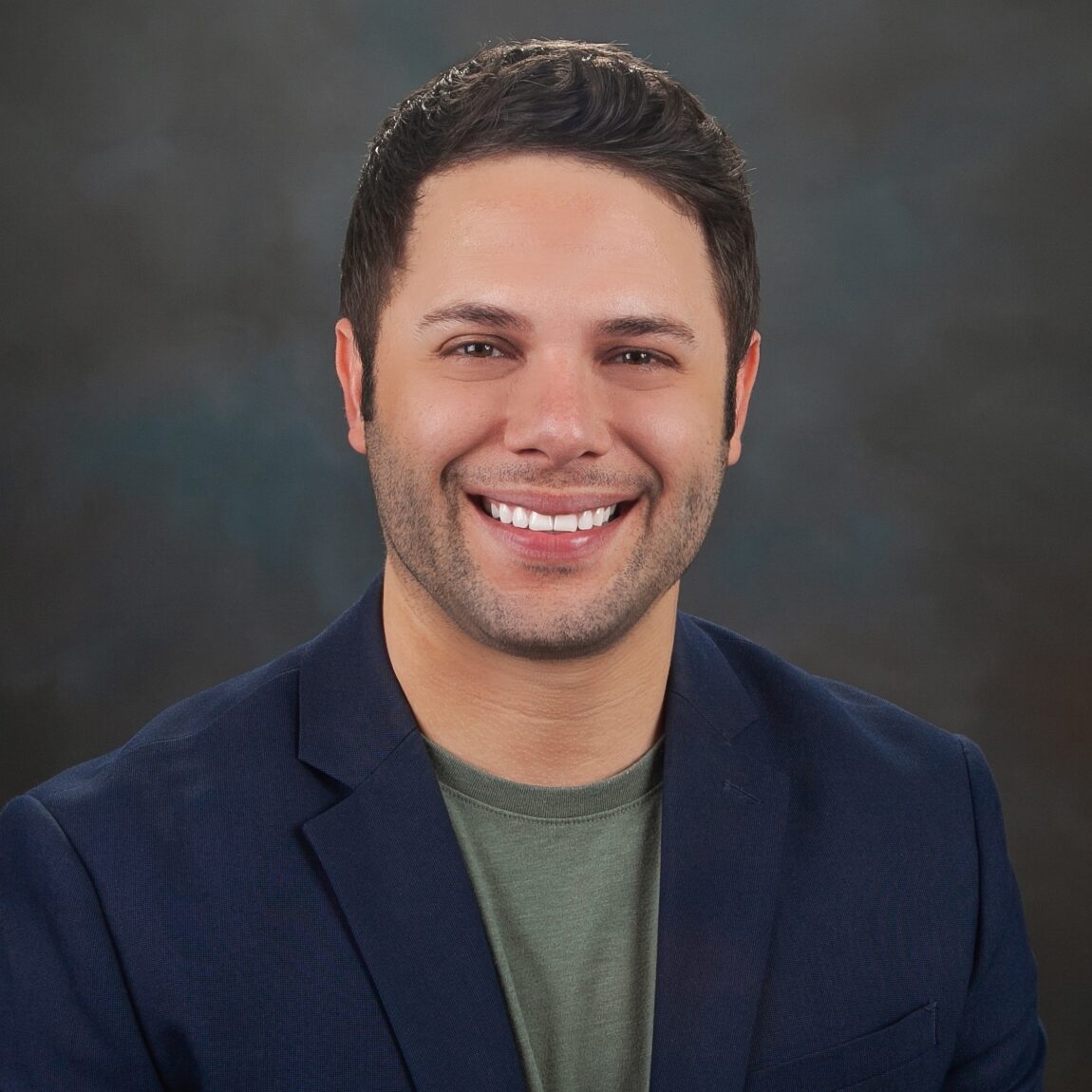
Ryan Souza
Ryan Souza’s partnership with Impact Justice is as a consultant through Mosaic Solutions and Advocacy – a consulting, lobbying, and association management firm based in Sacramento, California. Mr. Souza is an attorney, lobbyist, and consultant based in Sacramento who has experience advocating for matters within criminal justice, labor and employment, and health and human services. Mr. Souza has broad experience in both local counties and the California State Government, including experience in both leading and coordinating with State agencies, the Legislative Analyst’s Office, and the Department of Finance.
Before opening his own Law Firm which provides advocacy and consulting in addition to legal services, Mr. Souza lobbied for local counties through the California State Association of Counties, was associate counsel over litigation coordination for the County Counsels’ Association of California, and led technical assistance efforts in improving local county probation programming. Prior to that time, he spent over 10 years at the California Department of Corrections and Rehabilitation and was twice appointed by the Governor as Deputy Director of the Division of Rehabilitative Programs. There he led the division overseeing community reentry programming, policy, budgeting, technology, legislation, and all administrative and operations support. He also held numerous other positions in the Department including within the Budget Policy Branch where he was the Chief of Field Operations and acted as the subject matter expert over budget, policy, and coordination with external stakeholders on issues around healthcare services, adult institutions, contract beds, juvenile justice, and technical state budgeting processes – helping lead the Department through complex and difficult budget times including championing efforts around increasing health care services under federal receivership, state furloughs, and rehabilitation.
Ryan Souza
(non-voting member)
All funding decisions are made by our Grants Council, which is composed of leaders and advocates who were once incarcerated in California. They bring their full range of life experiences and professional expertise to the task of choosing which projects to fund.

Terah Lawyer
Terah joined CROP in January 2022. She is the former Associate Director of Impact Justice’s groundbreaking reentry program – The Homecoming Project – a $3.5M housing innovation that matches eligible returning citizens with rooms for rent with compatible hosts. Over three years, she developed and led the program which has received national and state awards and provided nearly 70 formerly incarcerated individuals with sustainable housing in the Bay Area. Terah brings deep program development experience, reentry housing expertise and a passion for investing in people. Her lived experiences as a formerly incarcerated woman who spent 15 years in prison informs her work and approach to rehabilitation and reentry. She has received multiple fellowships and scholarships, and over the last ten years has launched programs and organizations that invest in the leadership development of justice-involved professionals in all trades and careers. While incarcerated, Terah became a certified peer health educator, a drug and alcohol counselor and earned two associate degrees. She developed the Offender Responsibility program, which is still offered at Central California Women’s Facility. Terah also developed the program curriculum to launch a nonprofit, CORE (Criminal Offender Reform Establishment), which provides rehabilitative correspondent courses nationwide to people incarcerated in prison. The organization has served 2500 students since 2012. From 2012-2013, she was the elected chairperson of the Beyond Incarceration Panel and led an organization of 20 members to gain certifications as Congressionally Recognized Youth Diversion Specialists. After returning home in 2017, Terah has dedicated her life to her community. She is the spokeswoman for the Drop the Life Without the Possibility of Parole campaign and has been featured in A New Way of Life testimonial series. Her work has been profiled in major media outlets such as NPR, CNN Great Big Story, The New York Times, The Atlantic and Mother Jones. Terah is a Young Professional of Color Fellow with the National Institute for Criminal Justice Reform and was a 2019 Next Generations Fellow with the Center on Juvenile and Criminal Justice. Terah is a San Francisco State University graduate and holds three undergraduate degrees in business administration, management, and social and behavioral sciences.

Carmen Garcia
Carmen Garcia is the Executive Director at Root & Rebound.
Carmen believes that her purpose in this world is to serve others. In the CHOICES PROGRAM, she learned that knowledge, opportunities & privilege is meaningful and rewarding when you pay it forward following the mantra that Each one, Teach one! We are responsible for each other; we don’t exist alone in this world!
While at SFSU, Carmen worked at City College of San Francisco as a Teacher’s Assistant to Dr. Terry Day in the Psychology Department.
In her spare time, Carmen enjoys writing children’s stories in Spanish and, most importantly, spending time with her family.

Samual Brown
Samual Nathaniel Brown is an artist, educator, philosopher, spoken word poet, and organizer who was paroled from Lancaster in December 2021 after serving 24 years in California State Prisons. He has matured spiritually and physically, using his transformation to help others through social-emotional learning. Samual founded the 10P Program in New Folsom Prison in 2014, promoting emotional literacy and positive change, which has expanded to additional prisons and boasts a significant waitlist at Lancaster State Prison. He developed educational partnerships with California State University in Sacramento, McGeorge School of Law, and various non-profits, co-led a victim-offender mediation program, and produced a documentary on childhood trauma behind bars. A carceral scholar, he graduated with honors in Social Science, Sociology, and Communications. He has co-founded organizations, aimed at breaking cycles of harm and dismantling systemic racism. He is a two-time state champion in spoken word poetry, a children’s book co-author, and a justice award recipient. He also authored ACA8, a bill to end involuntary servitude in California prisons which passed in the senate in June 2024 and will be on the ballot in November 2024. Samual is dedicated to community work focused on breaking cycles of violence and promoting healing.

Sam Lewis
Sam Lewis is the Executive Director of the Anti Recidivism Coalition (ARC). Previously, Sam served as the Director of Inside Programs. A former life prisoner himself, Sam understands the various obstacles, challenges, and difficulties the prison and reentry populations face. In 2017, Sam created the Hope And Redemption Team (HART), a first-of-its kind initiative he built from scratch. The Hope & Redemption Team (HART) is a group of nine former California life prisoners who go back into California state prisons to provide hope, demonstrate that redemption is achievable, and to prepare participants for successful reentry into our communities. His work directing the Hope and Redemption Team exemplifies what’s best about ARC: our desire to reach and walk with those who have been most marginalized by society.

Hugo Amaya
Hugo Amaya is a reformed public servant who prides himself on leadership and reentry advocacy. Hugo personally understands the value of hard work and second chances and is honored to be a member of the Inside Impact Fund Grants Council. After being released in 2020 and serving 7 years on an 11 year sentence, Hugo has accelerated his career in social services and currently holds the role of Executive Director of a violence intervention agency in Oakland, California.

Alex Busansky (non-voting member)
Alex Busansky is the president and founder of Impact Justice, a national innovation and research center based in Oakland, CA and Washington, DC, which works to create a more humane and restorative system of justice in the United States.
Alex began his career as a prosecutor at the Manhattan District Attorney’s Office in 1987. For 12 years, he handled homicides, serious domestic violence and other family violence, and sex abuse cases. In 1998 Alex left New York City to work for the US Department of Justice in Washington, DC, where he became a trial attorney in the Criminal Section of the Civil Rights Division. While at DOJ, he investigated and prosecuted cases across the nation involving excessive use of force by federal, state, and local law enforcement and corrections officers and racial and religious hate crimes. In 2002 he served as counsel to Senator Russ Feingold on the US Senate Judiciary Committee. In that role, he worked on a broad range of juvenile justice, criminal justice, and national security issues. Alex joined the Vera Institute of Justice as executive director of the Commission on Safety and Abuse for America’s Prisons two years later, and was the founding director of the Vera Washington, DC office. Alex also served as an adjunct professor at American University School of Law, co-teaching the Prosecution Seminar. He joined the National Council on Crime & Delinquency as president in 2010. During his tenure, Alex led the organization to become a leader working at the forefront of criminal justice reform. In 2011 he served as a member of the Los Angeles County Commission on Jail Violence.
At Impact Justice, Alex works to reduce the number of people involved in the justice system, improve conditions for those currently incarcerated, and support people successfully re-enter communities. He and his colleagues have developed, launched, and scaled numerous projects including the Restorative Justice Project, the PREA Resource Center, the Homecoming Project, the Research and Action Center, and the Center on Youth Registration Reform.
Alex earned his Juris Doctor at the Georgetown University Law Center and received a bachelor of arts in history from the University of Wisconsin–Madison. He lives in the Bay Area with his wife and children.

Lonnie Morris
Lonnie Morris served 44 years inside the California prison system and paroled in 2021. While incarcerated, he created and hosted several television shows and interviewed numerous celebrities, co-founded the Day of Peace, an annual event at San Quentin State Prison to promote peace and harmony among the prison population, co-founded the youth intervention program Real Choices, and was one of only three incarcerated persons to obtain a BA degree in San Quentin’s history. Lonnie considers his most significant accomplishment to be the founding of No More Tears, an organization focused on curbing violence, crime, and restorative healing. NMT began in 2002 with incarcerated and outside community members working to overcome violence, trauma and find healing. NMT has served over 11,000 people, became an established nonprofit. NMT’s numerous partners include: Alameda County Board of Supervisors, Oakland Tech, USFCA and Building Opportunities for Self Sufficiency (BOSS). Today Lonnie serves as No More Tears’ founding president.

Rabia Qutab
Rabia Qutab is the Development and Partnerships Associate at Impact Justice, focusing on resource mobilization and partnership development to advance the organization’s mission. She is a resilient advocate and change-maker, leveraging her personal experience with incarceration to drive reform and champion justice for impacted communities. Rabia promotes equitable access to opportunities and empowers those affected by the criminal justice system through her work. She graduated with honors in Biology from the University of North Texas and has participated in prestigious fellowships, including The Justice Fellows Policy Program and John W. Mack Fellows Program. Rabia’s transparency, advocacy, and steadfast commitment to prison reform and civil rights drive systemic change both within Impact Justice and beyond.
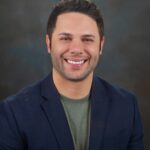
Ryan Souza (non-voting member)
Ryan Souza’s partnership with Impact Justice is as a consultant through Mosaic Solutions and Advocacy – a consulting, lobbying, and association management firm based in Sacramento, California. Mr. Souza is an attorney, lobbyist, and consultant based in Sacramento who has experience advocating for matters within criminal justice, labor and employment, and health and human services. Mr. Souza has broad experience in both local counties and the California State Government, including experience in both leading and coordinating with State agencies, the Legislative Analyst’s Office, and the Department of Finance.
Before opening his own Law Firm which provides advocacy and consulting in addition to legal services, Mr. Souza lobbied for local counties through the California State Association of Counties, was associate counsel over litigation coordination for the County Counsels’ Association of California, and led technical assistance efforts in improving local county probation programming. Prior to that time, he spent over 10 years at the California Department of Corrections and Rehabilitation and was twice appointed by the Governor as Deputy Director of the Division of Rehabilitative Programs. There he led the division overseeing community reentry programming, policy, budgeting, technology, legislation, and all administrative and operations support. He also held numerous other positions in the Department including within the Budget Policy Branch where he was the Chief of Field Operations and acted as the subject matter expert over budget, policy, and coordination with external stakeholders on issues around healthcare services, adult institutions, contract beds, juvenile justice, and technical state budgeting processes – helping lead the Department through complex and difficult budget times including championing efforts around increasing health care services under federal receivership, state furloughs, and rehabilitation.
